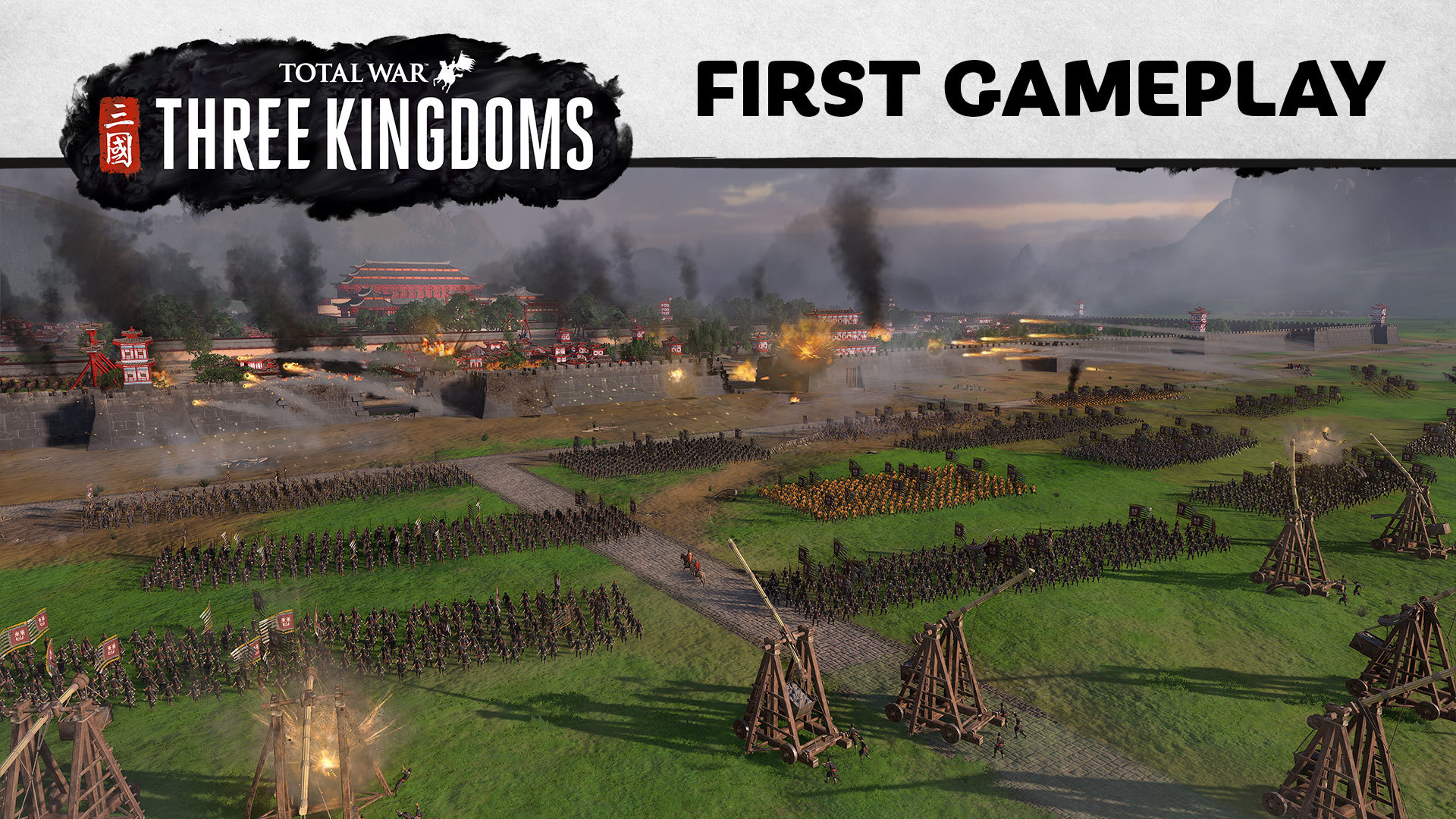Total War Three Kingdoms

Armies are used to protect your empire from military incursion by other factions, expand your empire by capturing new commanderies and counties, and defeat enemy armies in battle.
Here are the Total War: Three Kingdoms System Requirements (Minimum) CPU: Intel Core 2 Duo 3.00Ghz (With Integrated GPU Core i7-8550U) CPU SPEED: Info. OS: Windows 7 64Bit. VIDEO CARD: GeForce GTX 650 Ti Radeon HD 7850 1GB VRAM Intel UHD Graphics 620. PIXEL SHADER: 5.0. VERTEX SHADER.
Other Total War Three Kingdoms Guides:
Military Supplies
An army requires military supplies to function optimally. Its supply levels are indicated by the military supplies bar in the army panel. When an army has higher supplies, it gains morale and replenishment bonuses. When an army’s supplies fall, it begins to suffer increasingly punitive attrition and morale penalties.
When an army is in a friendly or allied commandery, it gathers supplies. The rate at which it gathers is principally determined by the reserves in the commandery itself, which in turn is dictated by food levels across your empire. Negative reserves means fewer supplies. There are other factors which can contribute to supplies, such as the number of characters in the army, certain ancillary effects and so forth.
When an army crosses into enemy territory, it begins to consume its supplies turn by turn. Long periods of time spent in enemy territory without resupply, such as during an extended siege, can cripple an army, so it is a critical factor to monitor.
Movement
Armies move at different speeds across the campaign map according to their stance and the kind of terrain they traverse. Difficult terrain such as forests, deserts, mountains and river-crossings will cost more action points to traverse. Grasslands offers swifter movement, and roads swifter still.
More of this sort of thing:
Total War Three Kingdoms is the first in the award-winning series to recreate epic conflict across ancient China. Combining a gripping turn-based campaign of empire-building & conquest with stunning real-time battles, Total War Three Kingdoms redefines the series in an age of heroes and legends.
Other Total War Three Kingdoms Guides:
Fighting Corruption
Corruption is a terrible, terrible thing in Three Kingdoms. A large city that taxes 1500 gold from its citizens can end up only giving you 300 because of 80% corruption, which then goes towards your 320 gold upkeep on the buildings. That means that city which should be giving you a 1500 gold profit, is now giving you a 20 gold deficit. Spread this to 10 cities and you are losing 15k gold profit and having to pay 200 gold out of pocket every turn.
To combat corruption, you can put an administrator in the commandery which reduces corruption by 30%. You can assign someone to ‘Counteract Corruption’ which is learned from a yellow skill called ‘Stability’ (looks like a mountain) and can be learned by Commanders(yellow) and Sentinels(purple). This reduces corruption in a commandery by 50%.
Those are okay but the real way to fight corruption is through buildings. There are buildings in the ‘State Workshop’ and ‘Administration Office’ branches of building that decrease corruption. The best of these are the ‘Grand Treasury Mint’ and ‘Office for Archives and Seals’ which decrease the corruption of their commandery and every commandery surrounding them by 15% and 20% respectively.
So basically, if you have 1 of the two in every commandery, you will never have corruption anywhere again because they stack with each other. Now you just need to decide which one to build based on what else you build there.
